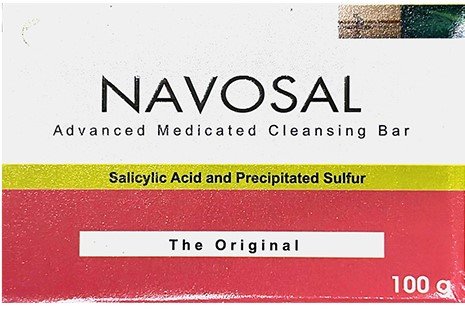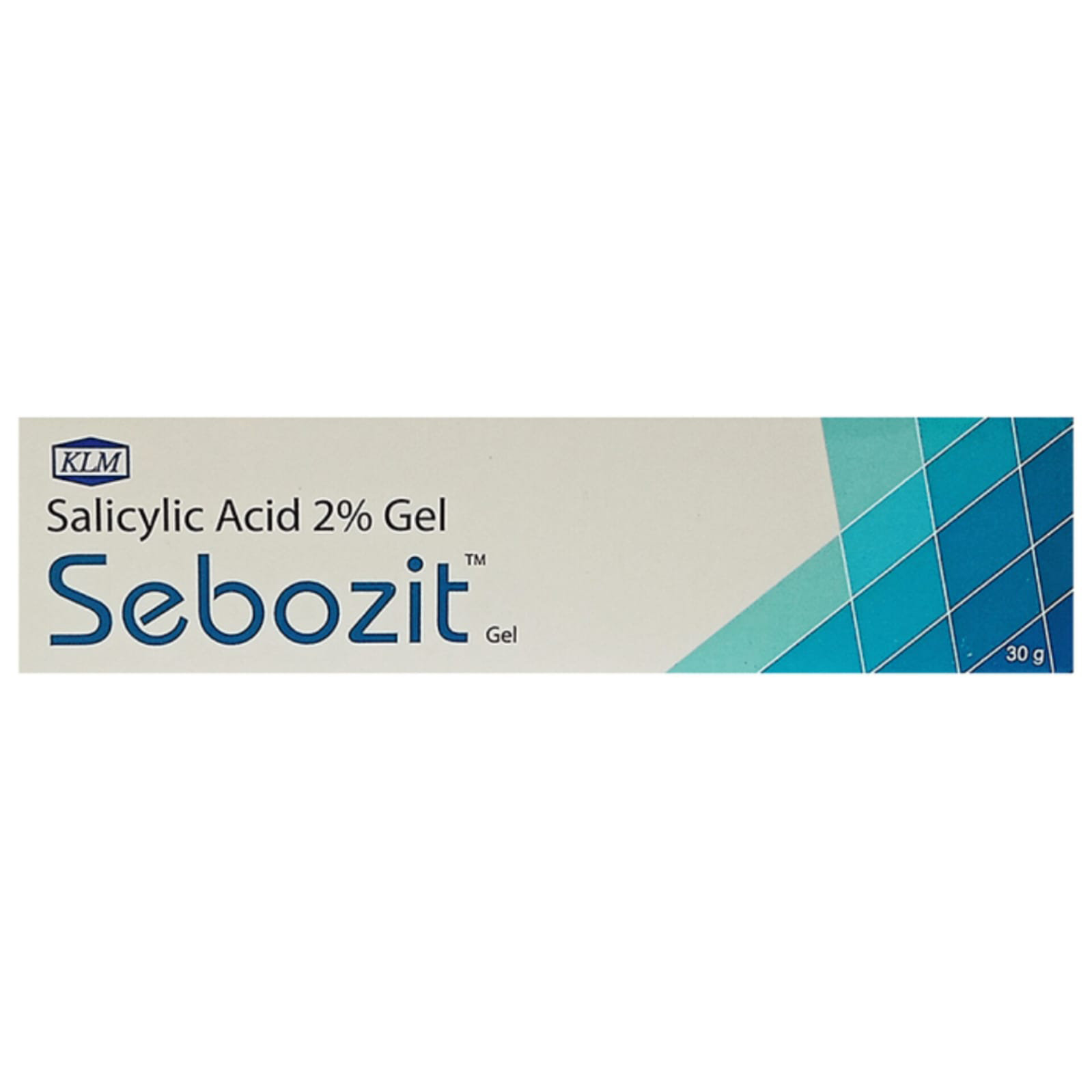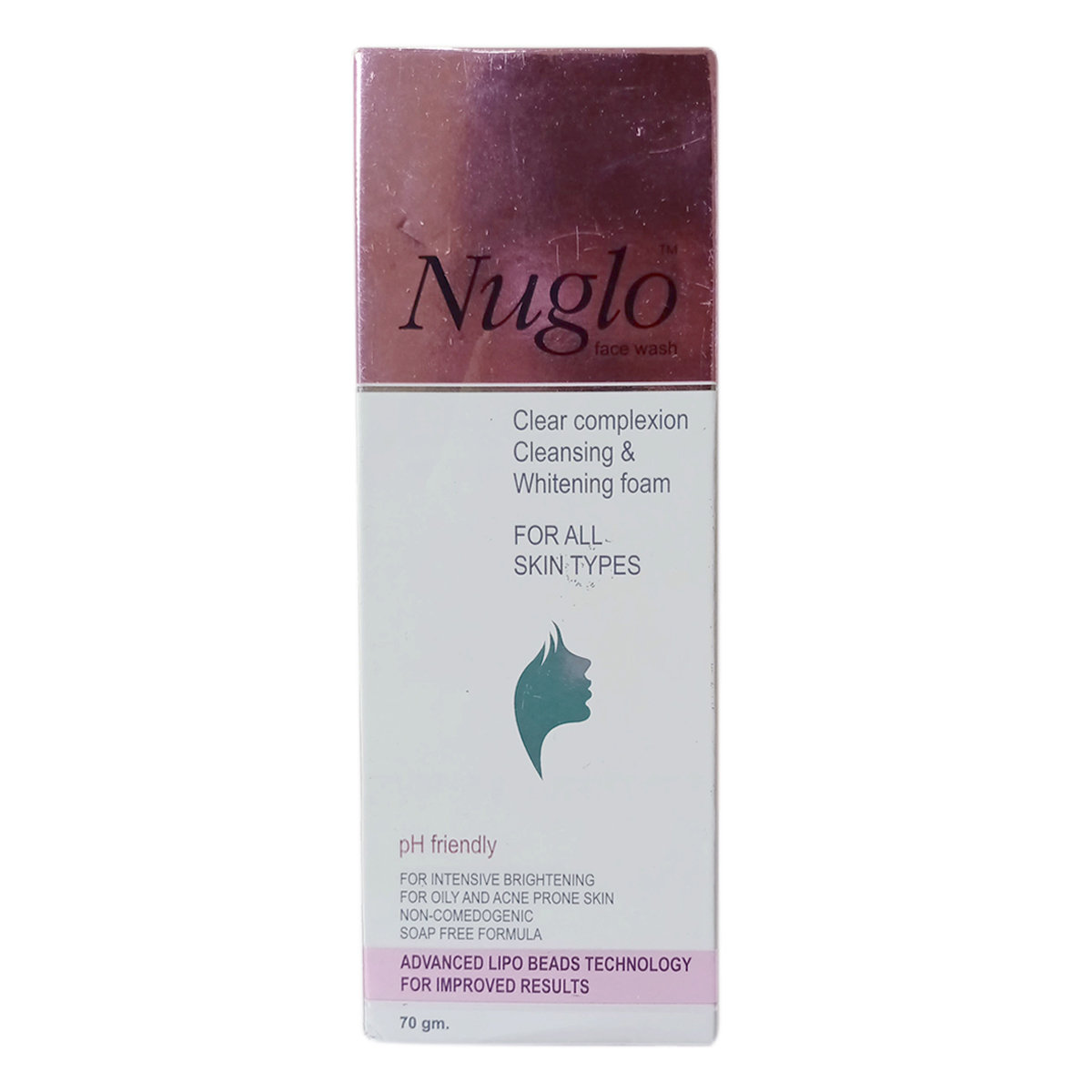Salicylic Acid
About Salicylic Acid
Salicylic Acid belongs to the class of medication called ‘keratolytic agent', primarily used for peeling and shedding the outer layer of the skin in conditions of acne (pimple) and psoriasis. Salicylic Acid possesses comedolytic (inhibits the formation of blemishes) and anti-inflammatory activity. Acne is a skin condition that occurs when the hair follicles become plugged with oil and dead skin cells.
Salicylic Acid contains ‘Salicylic acid’ that treats conditions of psoriasis and acne by reducing inflammation (swelling and redness) and unplugging blocked skin pores to allow pimples to shrink. Salicylic Acid increases the turnover rate of upper skin cells, which eventually helps in peeling and shedding off the dead skin, thereby treating comedones (skin-coloured, small bumps due to acne).
Salicylic Acid is for external use only. Use it in the dose and duration as advised by your doctor. Common side effects of Salicylic Acid include dry skin, erythema (skin redness), burning sensation, skin irritation and skin rash. Most of these side effects of Salicylic Acid do not require medical attention and gradually resolve over time. If these side effects persist longer, please consult your doctor.
Avoid contact with eyes, eyelids, lips, mouth and nose. If the medicine comes in contact with any of these areas, rinse with water immediately. Do not use Salicylic Acid on sunburned, windburned, dry or irritated skin. Salicylic Acid can make the skin more sensitive to the sunlight; hence, always use sunscreen and protective clothing before you step outdoors. Care should be taken while applying Salicylic Acid on sensitive areas, such as the neck. Avoid Salicylic Acid contact with hair or fabrics since it has bleaching properties.
Uses of Salicylic Acid
• Acne treatment: Helps clear and prevent pimples, blackheads, and blemishes in individuals with acne.
• Psoriasis management: Treats red, scaly patches by reducing the overgrowth of skin cells.
• Ichthyosis relief: Manages inherited skin conditions that cause extreme dryness and scaling.
• Dandruff control: Helps reduce flaking and itchiness on the scalp.
• Removal of corns and calluses: Softens thickened skin, making it easier to remove corns and calluses.
• Wart treatment: Used to treat common warts on hands and feet by gradually peeling the infected skin.
Medicinal Benefits
Salicylic Acid contains ‘Salicylic acid’ used to treat acne (pimples) by exfoliating the skin and keeping pores clear. It is an organic compound with an irritant, keratolytic (removes warts and calluses), comedolytic (inhibits the formation of blemishes) and anti-inflammatory activity. Salicylic Acid reduces inflammation and unplugs blocked pores (whiteheads) or open pores (blackheads). Salicylic Acid increases the upper layer of skin cells' turnover rate, which eventually helps in peeling the skin and treating comedones (skin-coloured, small bumps due to acne). Salicylic Acid also has a mild drying effect that allows excess oils and dirt to be washed away from the skin. Salicylic Acid is also used to treat skin conditions that involve scaling or overgrowths of skin cells, such as psoriasis (a skin disease in which red, scaly patches form on some body areas), ichthyoses (inborn conditions that cause skin dryness and scaling), pityriasis rubra pilaris, keratosis palmaris and plantaris.
Directions for Use
- Follow your doctor's instructions regarding the dosage and duration of use to ensure safety.
- Take the advised amount of Salicylic Acid and apply it as a thin layer on the clean and dry affected area as suggested by your doctor.
- It is only for external use. Avoid applying it to broken skin or open wounds.
Storage
Side Effects of Salicylic Acid
- Dry skin
- Erythema (skin redness)
- Skin irritation
- Slight tingling sensation
- Skin rash
- Dizziness
Drug Warnings
Do not use Salicylic Acid if you are allergic to any of its contents. It is essential to let your doctor know if you are pregnant, planning to conceive or are a breastfeeding mother. Salicylic Acid may be flammable. Please do not smoke while using Salicylic Acid or go near smoke or fire as it is inflammable in nature. Let your doctor know if you have any liver, kidney, gastrointestinal or heart diseases before using Salicylic Acid. Please inform your doctor if you are using any other medications, including vitamins and herbal supplements. Salicylic Acid can make the skin more sensitive to the sunlight; hence, always use sunscreen and protective clothing before you step outdoors. It is recommended to avoid tanning booths and sunlamps. Do not apply Salicylic Acid on irritated and sunburned skin. Please limit the use of products that contain large amounts of alcohol (astringents, shaving creams, or after-shave lotions), hair removal products and products containing lime or spices while using Salicylic Acid.
Drug Interactions
Drug-Drug Interaction: Salicylic Acid may interact with other drugs used to treat acne (adapalene, alitretinoin, bexarotene, isotretinoin, tazarotene, tretinoin, trifarotene).
Drug-Food Interaction: No interaction found/established.
Drug-Disease Interaction: No interaction found/established.
Drug-Drug Interactions Checker List:
Safety Advice

Alcohol
safeNo interaction found, in case of any discomfort, consult your doctor.

Pregnancy
consult your doctorPlease consult your doctor before using Salicylic Acid if you are pregnant or planning to conceive.

Breast Feeding
consult your doctorThere are limited studies on how Salicylic Acid affects breastfed infants. Please consult your doctor before using Salicylic Acid if you are breastfeeding. If you need to apply Salicylic Acid on your breasts, don't do this shortly before giving a feed.

Driving
not applicableSalicylic Acid does not affect your ability to drive.

Liver
consult your doctorLet your doctor know if you have any history of liver diseases before using Salicylic Acid.

Kidney
consult your doctorLet your doctor know if you have any history of kidney diseases before using Salicylic Acid.

Children
cautionYour doctor will recommend Salicylic Acid to children if the benefits outweigh the risks.
Habit Forming
Diet & Lifestyle Advise
- Use mild soap while taking baths, and prefer warm baths.
- Avoid harsh products on your skin.
- Do not scratch or pick your skin to avoid getting the affected area infected.
- Manage stress, eat healthily, drink plenty of water, exercise regularly and get plenty of sleep.
- Avoid or limit the intake of alcohol and caffeine.
Special Advise
- Consult your dermatologist if you do not notice any improvement after 4-6 weeks of treatment with Salicylic Acid.
- If the acne doesn't improve, ultrasound scanning of the abdomen is advised to check if there is any possibility of PCOD (polycystic ovarian disease).
Patients Concern
Disease/Condition Glossary
Acne (pimple): It is a skin condition caused when the hair follicles are plugged with oil and dead skin cells. Whiteheads, blackheads, pimples, cysts and nodules are types of acne. It commonly occurs in teenagers, though all age groups are affected.
Psoriasis: It is a severe immune-mediated skin problem which causes skin cells to divide abnormally. It is characterised by dry, itchy, white scales covering and red, bumpy patches. It is non-contagious in nature and does not spread from person to person.
FAQs
Salicylic Acid belongs to the class of medication called keratolytic‚ agent primarily used for peeling and shedding the outer layer of the skin in the condition of acne (pimple) and psoriasis. Salicylic Acid possesses comedolytic (inhibits the formation of blemishes)‚ and anti-inflammatory activity. Acne is a skin condition that occurs when the hair follicles become plugged with oil and dead skin cells.
Salicylic Acid contains salicylic acid, which is a keratolytic agent. It is used for the treatment of hyperkeratotic and scaling skin conditions like psoriasis. It treats pimples (acne) by penetrating the skin. It additionally reduces oil production in the skin, replenishes acne-prone skin and keeps your pores open.
Salicylic Acid can make your skin more sensitive to the harmful effects of sunlight. Hence it is advised to use sunscreen and wear protective clothing while using Salicylic Acid. It is recommended to avoid tanning booths and sunlamps.
You can leave salicylic acid overnight on the skin if you are using cream/gel/ointment formulations. However, if any irritation occurs, please stop usage and consult your doctor.
Using Salicylic Acid on newborn babies may cause severe side effects like dizziness, deafness and hearing disturbance if applied to the larger body areas, unless recommended by a children's specialist.
Besides treating psoriasis and acne, Salicylic Acid also treat skin conditions of warts, ringworm, dandruff and ichthyosis (dry, scaly thick skin).
Yes, you can apply Salicylic Acid on the face, as it is used to treat acne and other skin conditions like psoriasis and dermatitis. However, follow your doctor's advice and the instructions provided with the product. Do not apply it to damaged or broken skin; avoid contact with your mouth, eyes, and nose.
The common side effects of Salicylic Acid are dry skin, erythema (skin redness), burning sensation, skin irritation and skin rash. Please consult your doctor if any of these side effects persist or worsen.
Clean and dry the affected area. Take a small amount of the ointment and apply a thin layer over the affected area. Gently massage it in if needed. Wash your hands before and after applying it. Do not put a dressing or bandage on the affected areas. It is for external use only. Avoid contact with your eyes, nose, mouth, and other sensitive areas. If the ointment accidentally gets into these areas, rinse thoroughly with water.
Limited studies are available on how Salicylic Acid affects pregnant and nursing women. Therefore, please consult your doctor before using Salicylic Acid if you are pregnant or breastfeeding. Your doctor will prescribe Salicylic Acid only if the benefits outweigh the risks.
Available Medicines for
Salicylic Acid

Ahaglow S Foaming Face Wash 100 ml | Salicylic Acid & Glycolic Acid
1 Bottle
₹806.9 (MRP 877)8%Off
cashback: 0










